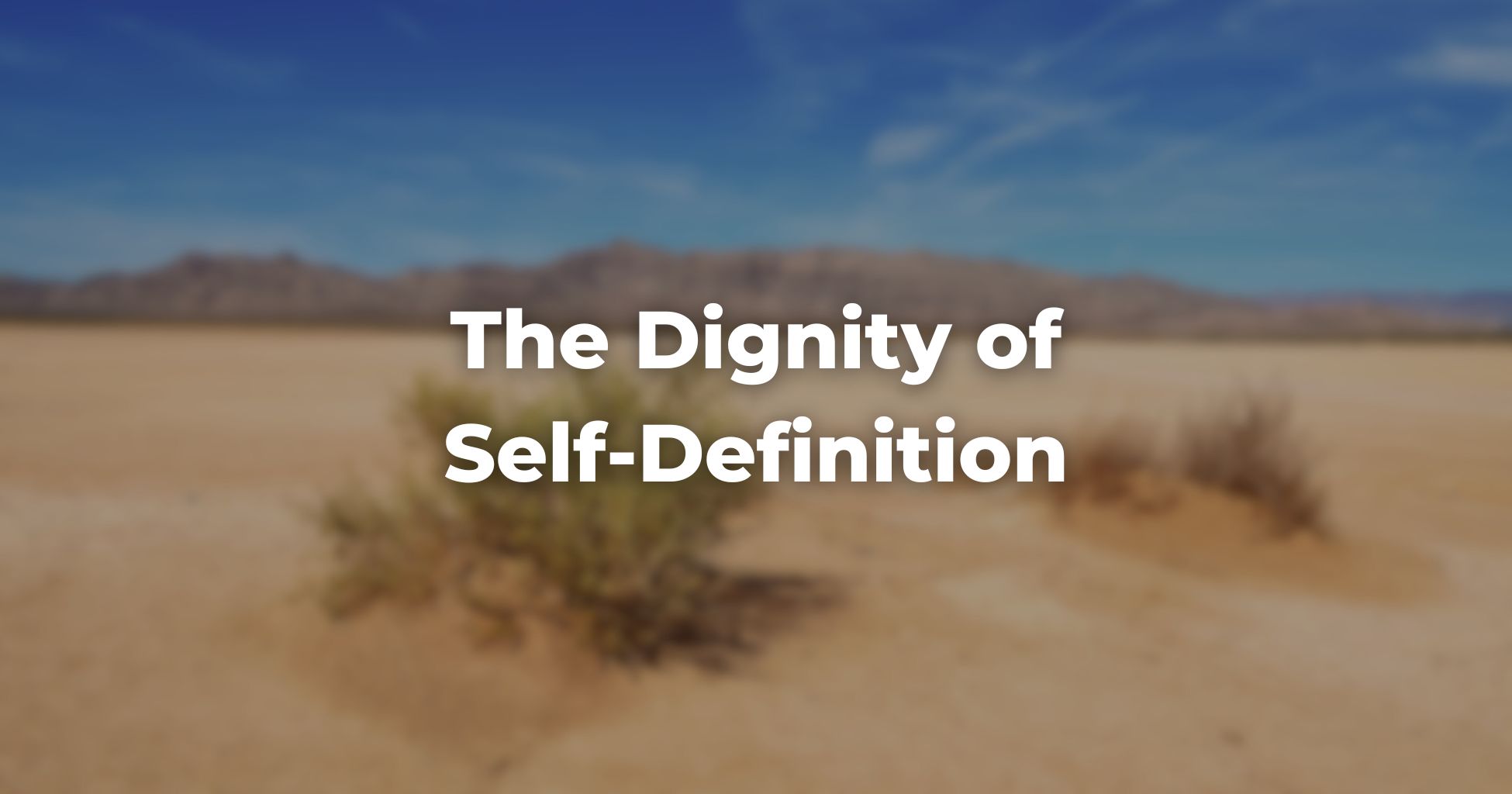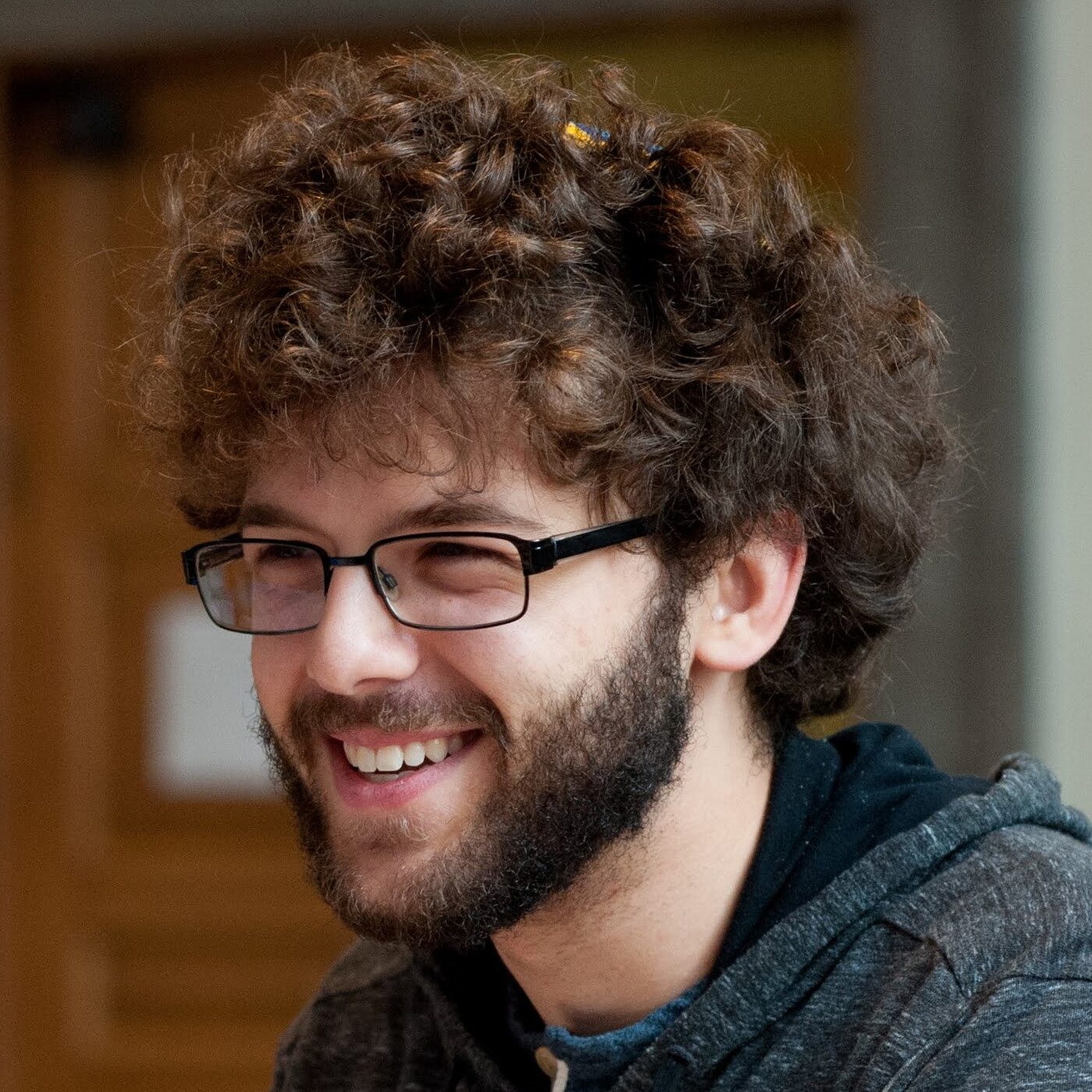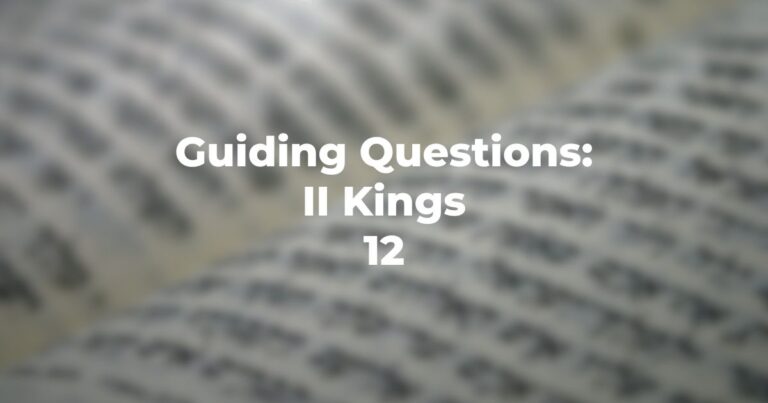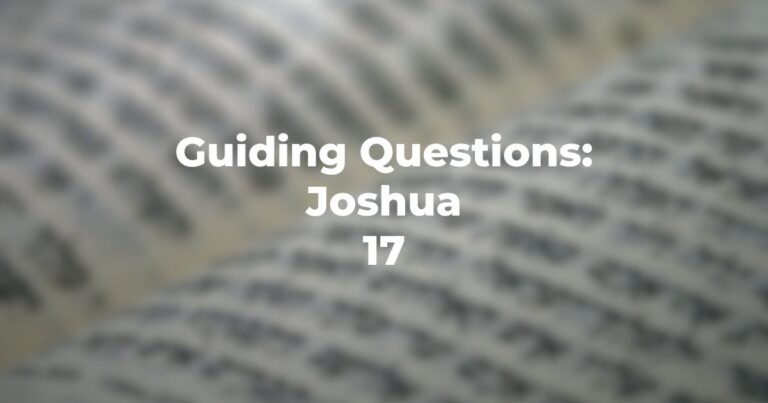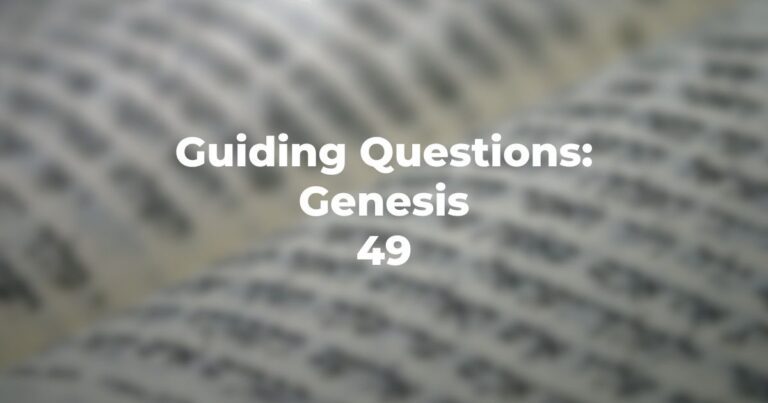Originally given as a senior sermon at JTS.
“How old are you?”
The question embarrassed me.
I was working at a nursing home as a student chaplain. The woman sitting in front of me, I’ll call her Margaret, was well into her 80s. I felt hot in my ill-fitting sports coat. I had bought it, wanting to look professional for my job, perhaps to avoid the question of whether I was seasoned enough to give comfort to my elders. Margaret saw through all of that.
“How old are you?”
Sheepishly, I told her, “twenty-five.”
Her eyes lit up, her face stretched into a smile somewhere between loving and patronizing “Oh!” she said, “You’re just a baby!”
She wasn’t wrong. I was young enough to be her grandson! But I didn’t want to be her grandson. I wanted to be her Rabbi.
To grow as a person so often requires that other people “play along” and see us the way we see ourselves, but this can be an even greater challenge than growing in the first place!
I suspect many of us have had similar experiences. Maybe of visiting family and, suddenly, feeling like we’re teens again; quickly finding ourselves occupying the same role we might have had as children, our families lovingly shoving us into the box we’ve occupied since always. The roles we’ve taken on are concretized by friend groups, working relationships, and households who are all invested in a vision of us which doesn’t change.
And we do the same thing. We ourselves are invested in seeing other people as unchanging. Stable relational systems form for a reason, and are difficult to shift once settled. But G-d doesn’t see it that way. And in parshat Vayera, the parasha whose name means sight, I believe we are called to look at each other from G-d’s point of view.
In the narrative, Isaac has just been born and weaned, Ishmael has done some unknown act which made Sarah unhappy, and he and his mother Hagar have been exiled into the desert.
Hagar has done this desert survival before. This time is different. This time, she’s got a yeled. “Yeled,” ‘baby,’ is the word the TorahRefers to the first five books of the Hebrew Bible, the Tanakh, also called the Five Books of Moses, Pentateuch or the Hebrew equivalent, Humash. This is also called the Written Torah. The term may also refer to teachings that expound on Jewish tradition. Read more uses in every interaction Hagar has with Ishmael. While that word is often used to simply mean a young child, I think ‘baby’ does a better job capturing how Ishmael is seen by Hagar: someone unable to fend for himself or even move on his own.
Hagar carries her yeled out of camp, wandering from nowhere to no-place. Hagar runs out of water. In a fit of desperation, she leaves her yeled under a bush and runs away crying, “let me not look upon the yeled as he dies!”
It’s heartbreaking.
When Hagar looks at Ishmael, she can see only a yeled, a helpless baby.
But G-d has a different point of view. To G-d, Ishmael has become a na’ar, a lad, a teen, a candidate for adulthood. He’s 16, after all. When Abraham expelled them, G-d told him not to worry about Hagar and the na’ar. And here (Genesis 21:17), at the brink of death, when G-d sends an angel that will save Hagar and Ishmael, the angel tells Hagar that:
G-d has heard the voice of the na’ar where he is.
כִּי־שָׁמַע אֱלֹהִים אֶל־קוֹל הַנַּעַר בַּאֲשֶׁר הוּא־שָׁם׃
G-d has heard the voice of the na’ar where he is.
We hear G-d again affirm that Ishmael is a na’ar. But, more importantly, we learn for the first time that he had a voice at all.
In the narrative, so focused on Hagar’s perspective, we never heard Ishmael’s voice calling out to G-d. It wasn’t mentioned in the torah text. A yeled can’t talk. It is only when this angel reports that G-d heard Ishmael the na’ar that we hear him too. G-d is prodding us and Hagar to see and listen to Ishmael as he has become: no longer a baby, but someone who prays and G-d listens to. Now, says G-d to Hagar, just as I am with this na’ar where he is, be with him there too, go retrieve the na’ar from where you left him, take him by the hand, he’s ready.
Then G-d opened her eyes and she saw a well of water.
She went and filled the skin with water, and let the na’ar drink. (Genesis 21:19)
When G-d opens Hagar’s eyes, she finally sees Ishmael the na’ar. When Ishmael was a helpless yeled, Hagar was alone in her struggle for survival, on the brink of death. Now, seeing what G-d sees, Hagar understands that the well is not her only salvation. Hagar is no longer alone. Her eyes have been opened to the young man her baby has become. A person who prays prayers she cannot hear and fights battles he can win on his own; who has a will and a future.
In the next verse, nearly the next verb, Ishmael grows up, yigdal, maturing past even the na’ar that G0d saw and believed in. Hagar, freed from her former restrictive vision, gets him married, and their family thrives.
In our efforts to become the people we want to be, know that G-d sees us.
G-d is with us where we are, and where we’re trying to go. To be a religious person, a person who listens to G-d’s voice and walks in G-d’s ways, is to listen to other people’s voices, to walk with them on their journeys, to see who they are trying to become, to take them seriously. To give them the dignity of self-definition.
Back at the nursing home, sitting across from a baby wearing a damp, ill-advised sports coat, Margaret had a choice.
She could see me as a yeled—beneath taking seriously—and stop there, leaving herself alone against the world. Or, she could try to see the way that G-d sees: a person in the process of becoming.
And in that moment, Margaret chose to open up. To see me where I was and as the Rabbi I want to become. She spoke to me about her life and fears, her needs and disappointments. She allowed me to be a Rabbi, to be her Rabbi. By seeing me this way, Margaret was no longer sitting across from a baby with nothing to offer her. By choosing to see me, Margaret was no longer alone.
We have this choice as well. We can choose, in every one of our relationships, to listen carefully, to play along, to see ourselves and others through G-d’s eyes. To take each other seriously. To be less alone. To allow one another to become what G-d sees.
Author
-

Alex Friedman (he/him) is a Rabbinical student at the Jewish Theological Seminary in his final year of study. He was a fellow in the first cohort of the Exploring Judaism's Writer's Fellowship. A native Texan, Alex grew up in the Conservative movement and has worked with and for Conservative communities across the US and in Israel. He holds a BA in Near Eastern and Judaic Studies (NEJS) and Politics from Brandeis University. Alex enjoys cooking, podcasts, Jewish music and niggunim, queer Torah, and collecting owl tchotchkes.
View all posts

